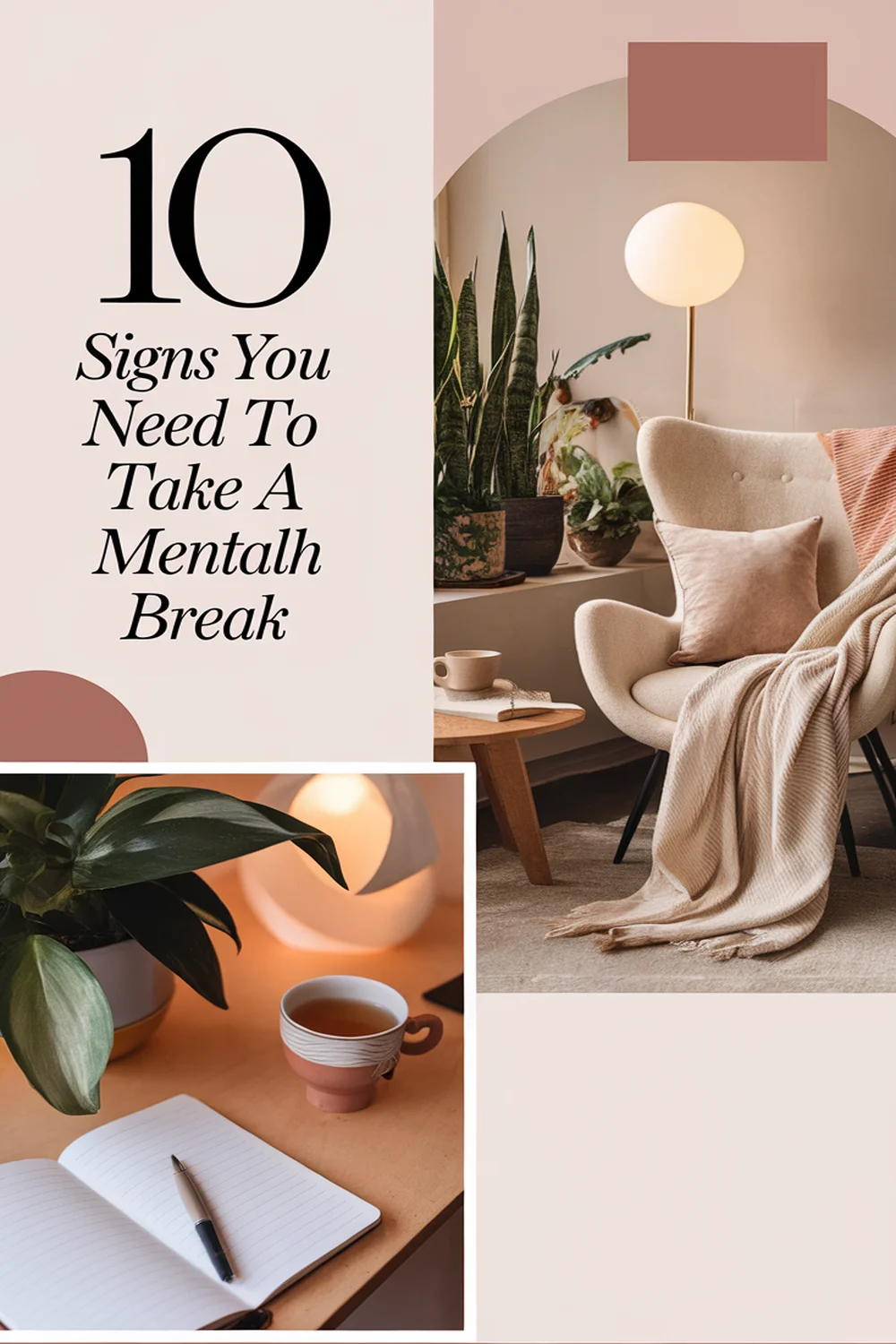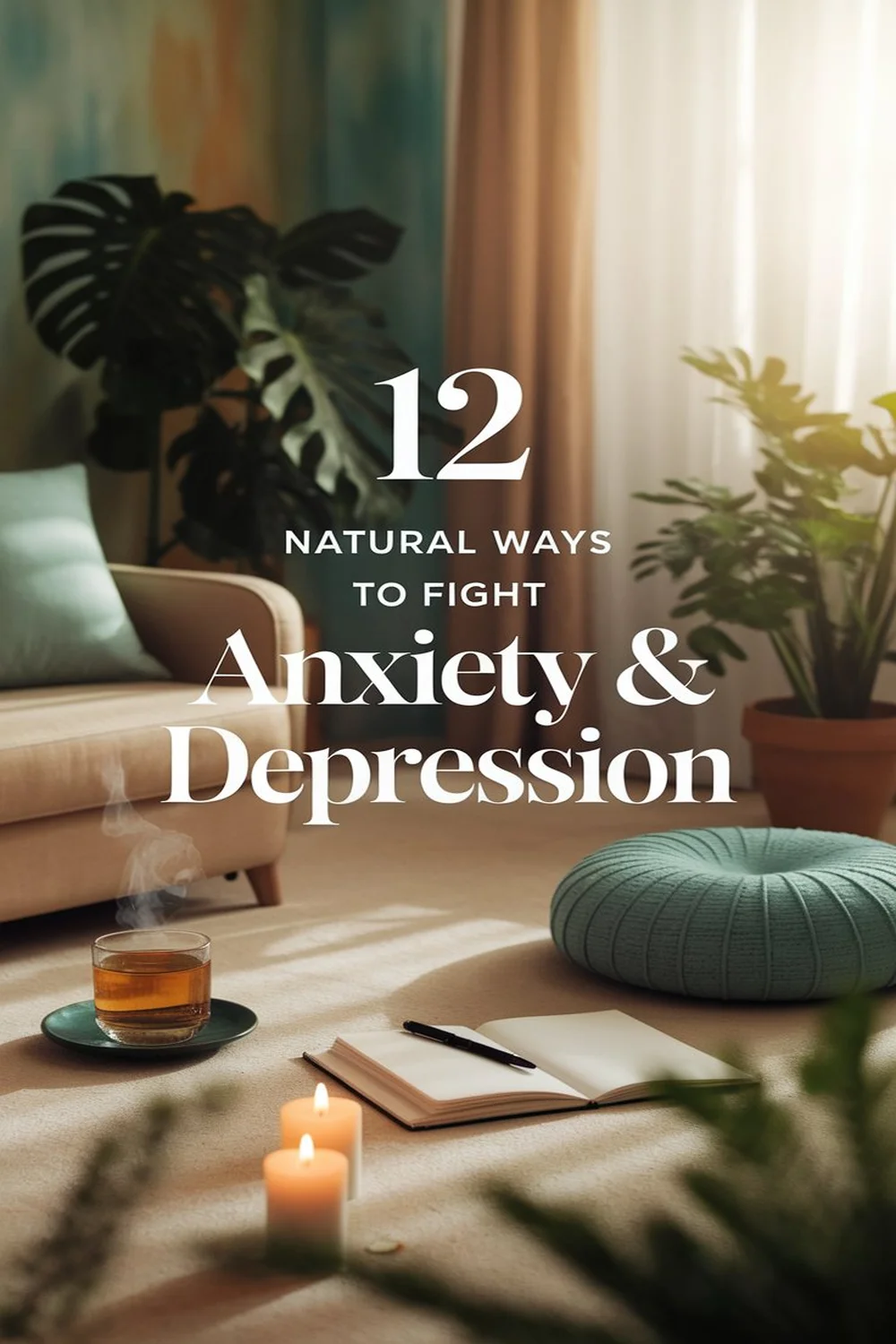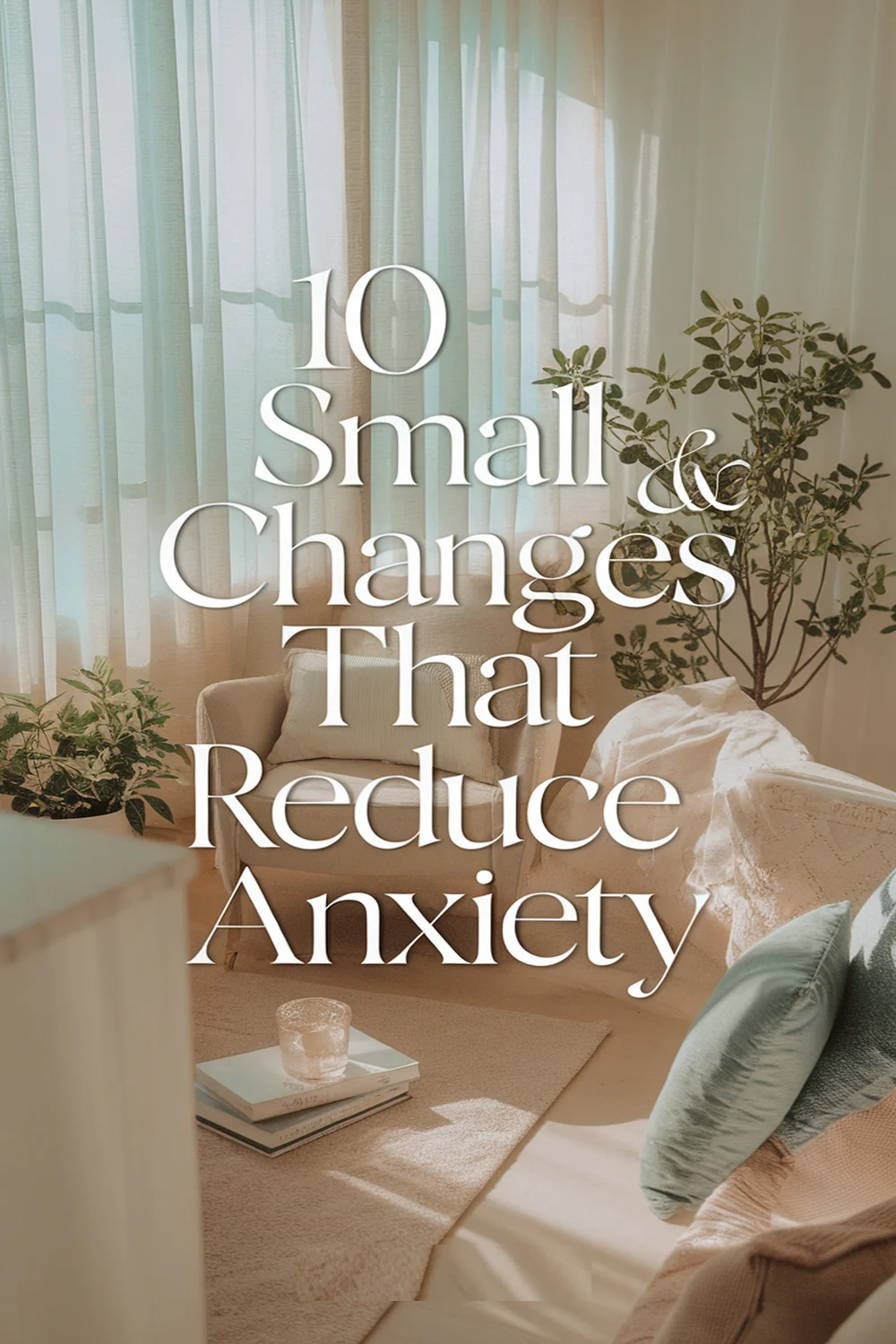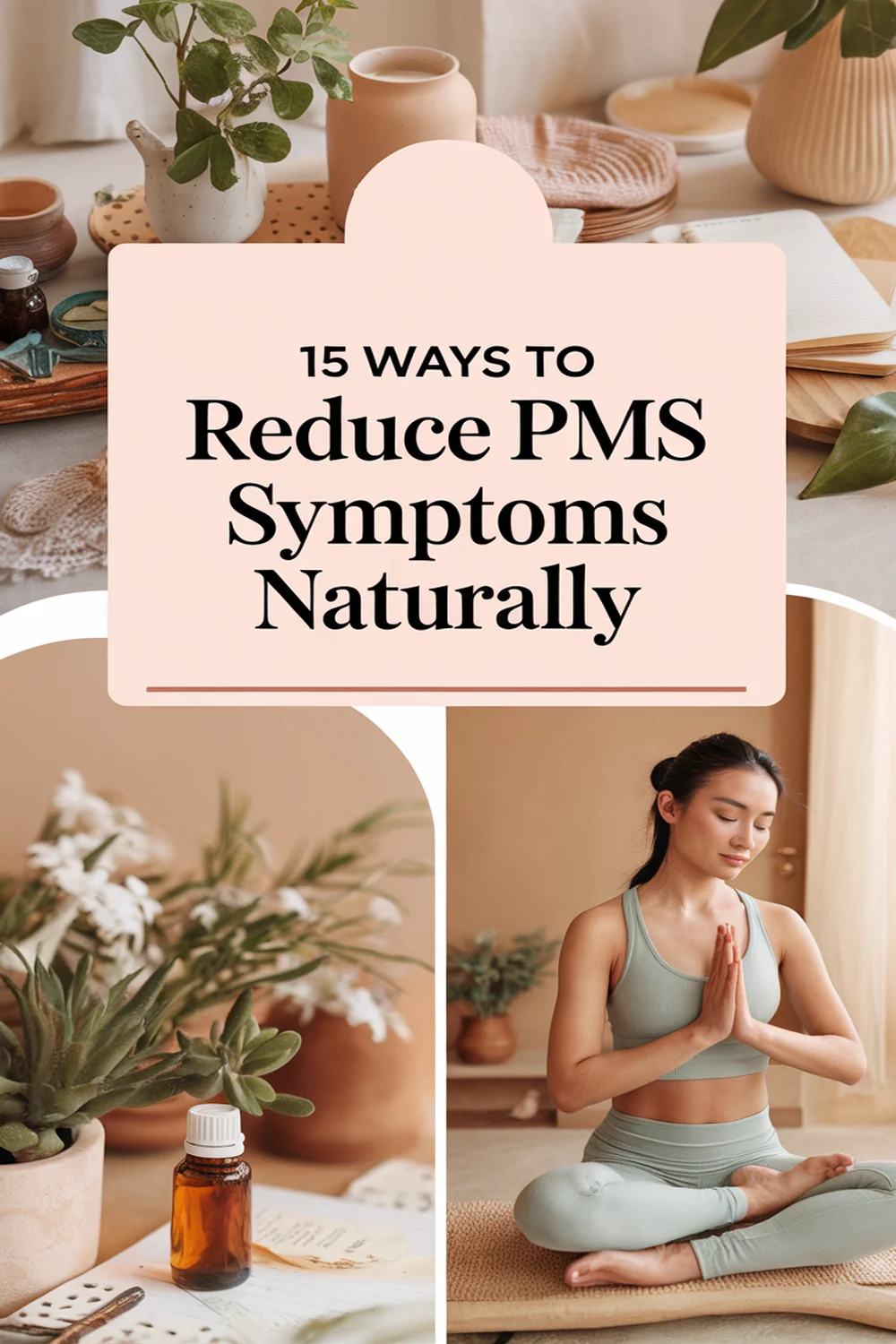If you’re feeling constant fatigue, irritable mood swings, or struggling to concentrate, it might be time for a mental health break. You may notice changes in your sleep patterns, withdrawal from social interactions, or even a loss of interest in activities you once loved. Minor tasks could feel overwhelming, and you might also experience physical symptoms like headaches. Acknowledging these signs is essential for your well-being, and there’s more to explore about taking care of yourself.
Constant Fatigue and Exhaustion
Constant fatigue and exhaustion can feel like an unyielding weight pressing down on you, making even the simplest tasks seem insurmountable. You might find yourself struggling to concentrate or feeling lethargic, no matter how much rest you get. This constant drain can stem from various sources, like stress, poor sleep, or emotional overload. It’s important to recognize these signs as your body’s way of signaling that it needs a break. Ignoring this fatigue may lead to burnout, impacting your daily life and overall well-being. Give yourself permission to step back, prioritize self-care, and recharge. Consider activities that rejuvenate you, whether that’s taking a walk, practicing mindfulness, or simply doing nothing for a while. You deserve to feel energized and balanced again.
Increased Irritability and Mood Swings
Increased irritability and mood swings can feel like a storm brewing inside you, where minor annoyances trigger intense reactions. You might snap at loved ones over small things or feel overwhelmed by emotions that seem out of proportion. It’s important to recognize that these shifts often signal underlying stress or burnout. Your body and mind may be signaling a need for a break to reset and regain balance. Give yourself permission to step back, whether it’s taking a day off, practicing mindfulness, or engaging in activities you love. Ignoring these feelings can lead to further emotional turmoil, making it vital to address them early. Prioritizing your mental health can help restore your emotional stability and improve your overall well-being.
Difficulty Concentrating and Making Decisions
When you’re experiencing heightened irritability and mood swings, it often becomes challenging to focus or make decisions. You might find yourself easily distracted, second-guessing choices, or feeling overwhelmed by even simple tasks. Recognizing these signs is essential for your mental well-being.
| Symptoms | Possible Solutions |
|---|---|
| Difficulty concentrating | Take short breaks to regain focus |
| Inability to make decisions | List pros and cons for clarity |
| Overwhelm with tasks | Prioritize and tackle one at a time |
These strategies may aid in regaining mental clarity. Remember, taking a step back to recharge isn’t a sign of weakness; it’s an important step toward better mental health. Listen to your mind—it’s telling you it needs a break.
Changes in Sleep Patterns
Sleep patterns often act as a mirror reflecting your mental state. If you’ve noticed changes in how you sleep—whether it’s insomnia, excessive sleeping, or frequent wake-ups—this could be a sign that your mind needs a break. Sleep is vital for emotional regulation, and disruptions can amplify stress or anxiety. You might find yourself feeling irritable or foggy during the day, making it hard to cope with routine tasks. Listen to your body; it’s signaling that something needs your attention. Prioritize restful nights and set boundaries around your bedtime. Creating a calming bedtime routine can greatly help. Don’t underestimate the power of restorative sleep; it’s essential for your overall well-being and mental clarity.
Recommended Items
Take a moment to unwind with our selection of health and wellness essentials—explore what could enhance your mental well-being!
Social Withdrawal and Isolation
As you navigate life’s challenges, you might find yourself pulling away from friends, family, and social activities, indicating a deeper need for a mental health break. This social withdrawal can manifest as canceling plans, avoiding conversations, or feeling drained after interactions. It’s important to recognize that isolation often intensifies feelings of loneliness and disconnect, making it harder to cope with stress. You may not realize how much these connections mean to your well-being. Taking a step back to reflect on your emotions can help you understand this behavior. Engaging in small, manageable social interactions or reaching out to someone you trust may ease your sense of isolation. Prioritizing these connections can greatly enhance your mental health.
Action Steps: Recognizing Mental Health Needs
Persistent Feelings of Anxiety or Worry
Even during seemingly calm moments, persistent feelings of anxiety or worry can creep in and disrupt your peace of mind. You might find yourself constantly replaying negative scenarios or imagining worst-case outcomes. This relentless cycle can drain your energy and focus, making ordinary tasks feel overwhelming. When anxiety becomes a regular part of your life, it’s a sign that you need to pause and take a step back. It’s crucial to recognize that feeling anxious is valid, but it doesn’t have to control you. Prioritizing a mental health break can give you the breathing room you need to regain clarity and balance. Remember, taking time for yourself is not just beneficial; it’s necessary for your overall well-being.
Loss of Interest in Activities You Once Enjoyed
When you find yourself no longer excited about activities that once brought you joy, it’s more than just a passing phase; it can be a significant indicator of your mental health. Losing interest in hobbies, pastimes, or social events you once loved can signal deeper issues like stress, burnout, or depression. It’s easy to shrug it off, but recognizing this pattern is essential. You might start to withdraw from friends or neglect self-care, which can exacerbate feelings of isolation. Reflect on what once made you happy. It’s okay to take a step back and reassess your needs. Prioritizing a mental health break can help you reconnect with your passion, restore your energy, and improve your overall well-being.
Physical Symptoms Like Headaches or Digestive Issues
Physical symptoms like headaches or digestive issues can often signal that your mind and body are in distress. You might find yourself feeling more tense or anxious, even when you can’t pinpoint why. Stress can manifest physically, causing discomfort that’s hard to ignore. If you frequently experience migraines, stomach cramps, or unexplained fatigue, it’s your body’s way of telling you to take a step back. You deserve to listen to these signals. Remember, ignoring these symptoms won’t solve the underlying issues. Instead, consider taking a mental health break to recharge. A little time off can help you address what’s troubling you and restore your sense of balance. Prioritizing your mental health is essential for your overall well-being.
Neglecting Self-Care and Daily Responsibilities
Ignoring physical signs of stress often leads to a troubling pattern of neglecting self-care and daily responsibilities. You might find it hard to stick to your hygiene routine, skip meals, or forego necessary activities like exercising or socializing. When you let your own needs slide, it’s a clear signal that your mental health is at stake. It’s important to recognize that taking care of yourself isn’t selfish—it’s a fundamental part of thriving. Setting aside time for self-care can reduce stress and help you manage your daily tasks more effectively. Remember, embracing small acts of self-care can reignite your motivation and restore balance. So, if you’re neglecting your well-being, it’s time to pause and prioritize yourself.
Feeling Overwhelmed by Minor Tasks
Tasks that once felt manageable can suddenly seem insurmountable, leaving you feeling overwhelmed by even the smallest of responsibilities. This can signal that you need a mental health break. It’s essential to recognize when minor tasks start to create significant stress.
Here are some signs to watch for:
- You avoid tasks you used to complete easily.
- Your to-do list feels never-ending, even with small items.
- You experience feelings of anxiety thinking about your responsibilities.
- You find it hard to focus on one task at a time.
- Small interruptions lead to frustration or meltdown.
If this resonates with you, taking a step back to recharge can help restore your sense of balance and clarity. Prioritize your well-being!











